Journal
Author: Dr. L. Diaz
Abstract
coming soon ...
Author: Dr. L. Diaz
coming soon ...
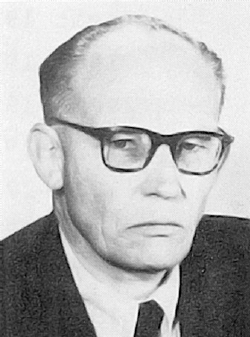
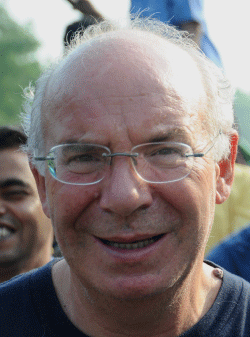
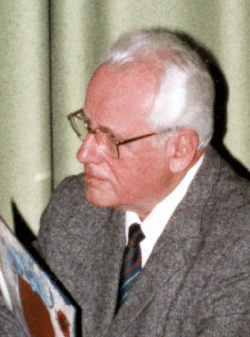
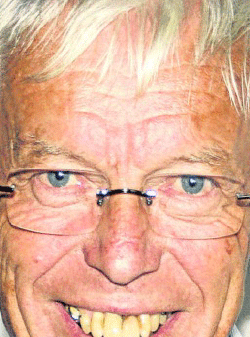
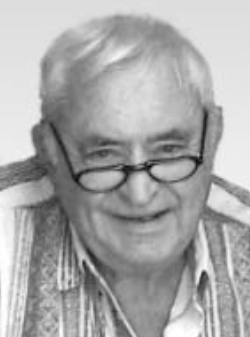
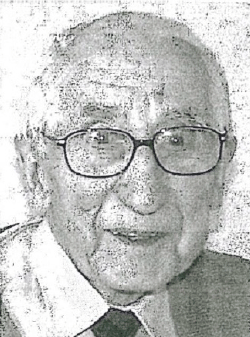
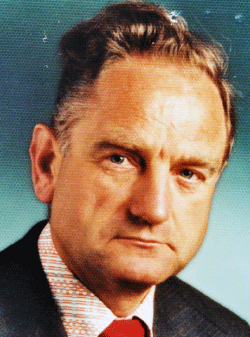
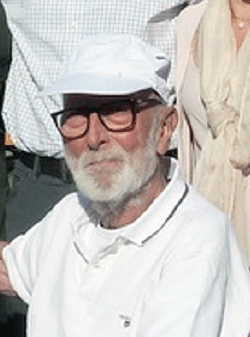
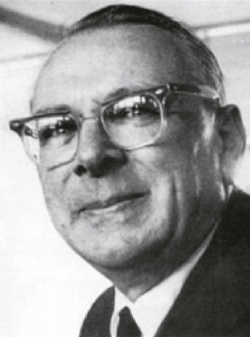
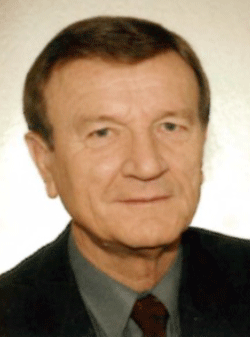
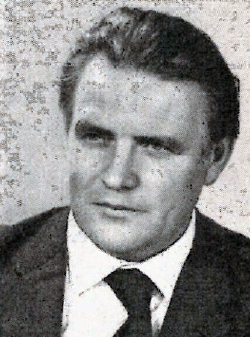
Laßt vergehen, was vergeht!
Es vergeht, um wiederzukehren.
Es altert, um sich zu verjüngen.
Es trennt sich, um sich inniger
zu vereinen.
Es stirbt, um lebendig zu werden.
Friedrich Hölderlin
Portrait Gallery "Composting"
A few days ago I stumbled across a literature research from 1971 that I had compiled for my Diploma thesis. Without claiming to be exhaustive, especially with regard to international literature, it contains:
• 505 items on sanitation
• 1460 items on technology
• 707 items on recycling.
If one examines the research topics concerned with composting that have been dealt with in the last 30 years it has to be stated that a great many of these works merely revisited subjects that had already been studied. The reason for this misled research is twofold:
1. Literature that is older than 10 years is not taken into consideration. This becomes evident when considering the fact that today's PhD theses should preferably cite literature from the last 10 years.
2. Literature dating back to before 2000 usually had not been subject to a review system and is thus considered to not be reliable.
Who still knows them? The people who rendered outstanding services to establishing waste composting. Whether it be research in
• microbiological basics,
• technological implementation,
• quality definition and control,
• sanitation requirements,
• use of composts, and
• modes of operation.
This shows very clearly how fast information is lost and that names will be forgotten soon. To freely adapt Friedrich Schiller's The Cranes of Ibykus
Who knows the persons, who the name,
Of all who there together came?
From Gießen' town, from Holland' strand
From Stuttgart, from the British land,
From Asia's distant coast, they wend,
From every country of the world.
It is noticeable that the names of people who contributed important research or technological advancement to the development of composting cannot be found today on e.g. Google or are merely mentioned without any reference to composting.
To name just a few examples: Prof. Dr. Kick, Dr. Niese, Prof. Dr. Pöpel, Dr. Mach, Dip. Agr. Ernst etc.:
But we will put things right!
By setting up this gallery we intend first to provide a short overview of composting in Germany since 1950 hoping that our fellow researchers will follow and continue this for other countries, and second to introduce people who gave a helping hand to composting and/or shaped it into what it is today, an important technological option of recycling native organic material.
Our gallery does not claim to be exhaustive and is based on our memories and the manifold input from friends, supporters and patrons of composting. We are always open and grateful for advice and support.
It is often very difficult to compile a CV and especially to obtain a photo even from the people we are aware of.
We have built a list that we work through name by name, and we would like to start with Professor Dr. Glathe. Suggestions, proposals or materials would be very much appreciated.
Downloads
Dr.-Ing. habil Werner Bidlingmaier
Prof. em. Dr. Ir. Alfons Buekens
Lucius Iunius Moderatus Columella
Prof. Dr.-Ing. Raffaello Cossu
Dr.-Ing. Dr.-Ing. hc Louis Diaz
Oberbaurat Dipl.-Ing. Bernard Frechen
Dipl.-Geogr. Hermann Otto Hangen
Dipl.-agr. Arnold von Hirschheydt
Em. O. Univ.-Prof. Dipl.-Ing. Dr. techn. Peter Lechner
Prof. Dr. rer. nat. Wolfgang Moll
Prof. Dr. Phil. Max Carl Ernst Sauerland
Stadtbaudirektor Prof. Dr.-Ing. Hans Straub
Some articles or other content which is provided to us by friends of the page will be listed here.